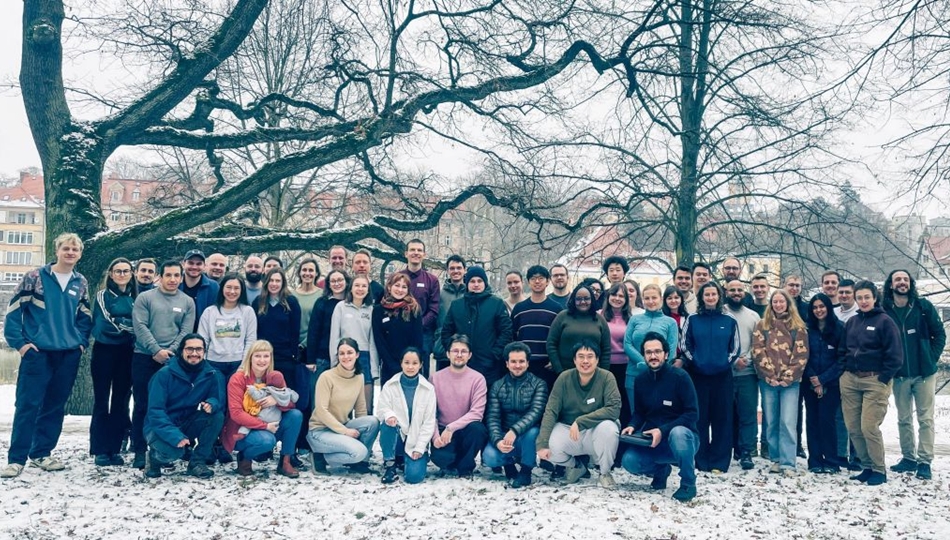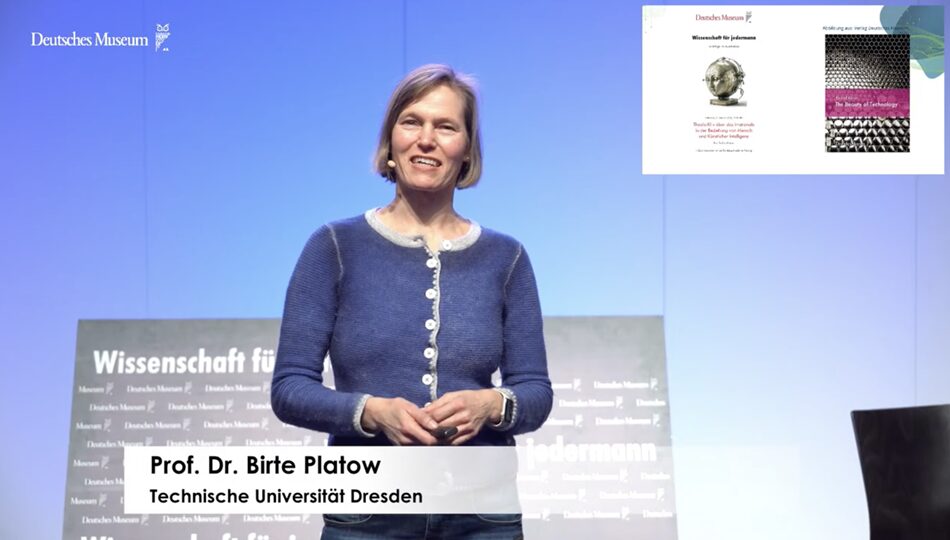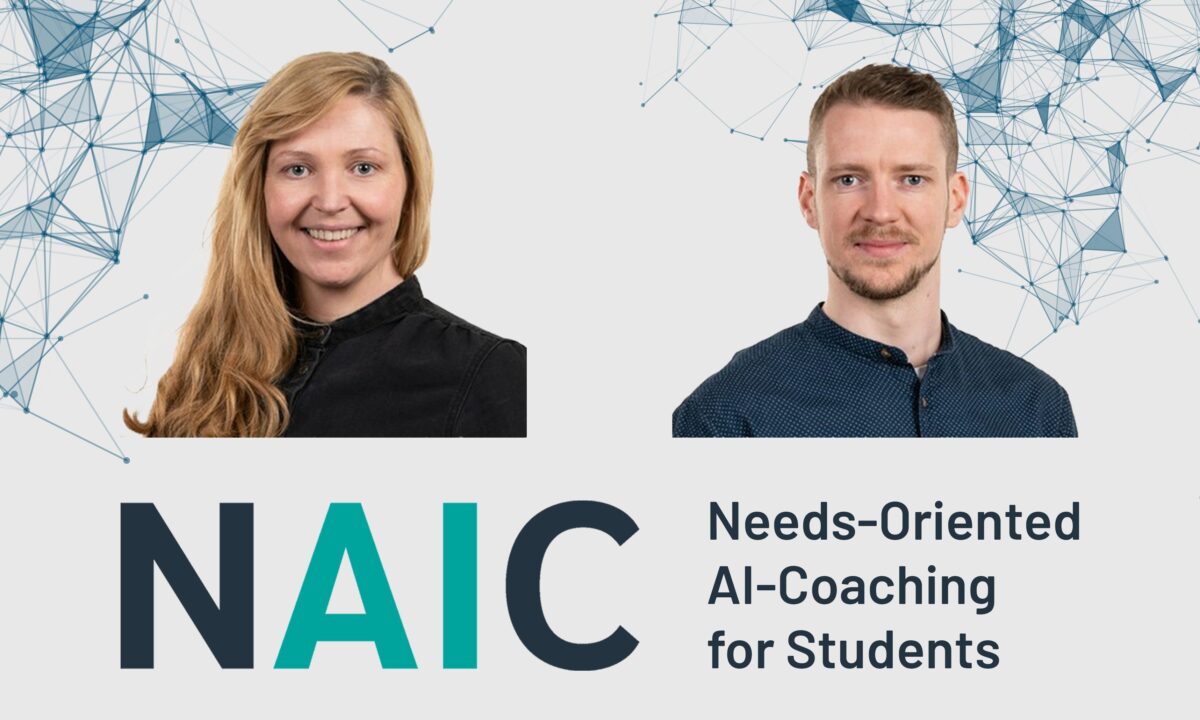
November 8, 2024
AI as a Study Coach: Junior Research Group NAIC Brings Chatbots into the Lecture Hall

Since May 2023, the junior research groups of ScaDS.AI Dresden/Leipzig have been researching innovative AI solutions for topics that go beyond the research focus of our institute.
From personalized coaching programs for students to research on human-centered automated mobility and advanced data analysis methods for ML systems, the junior research groups bring new perspectives to the world of AI and data science.
In this podcast series, we introduce you to each of the junior research groups and their projects. The researchers themselves talk about their work and give an insight into the future of their projects.
All articles are available as audio podcasts (in German only) and as text (in English). A full playlist of all podcast episodes is available on our YouTube channel.
Podcast series 1: Junior Research Group NAIC
The Junior Research Group NAIC of ScaDS.AI is investigating how chatbots can help students manage their academic life. NAIC stands for “Needs-Oriented AI Coaching for Students.” The research group, led by Dr. Claudia Loitsch, explores the potential of AI-based communication agents for university coaching – and with some success. The team has developed four different chat-based coaches across three projects, covering a wide range of applications:
Claudia Loitsch: We focus on inclusion topics, emphasizing academic success, personalized learning, individualized coaching approaches, and mental health issues.
When Claudia Loitsch talks about inclusion, she doesn’t just mean supporting people with disabilities.
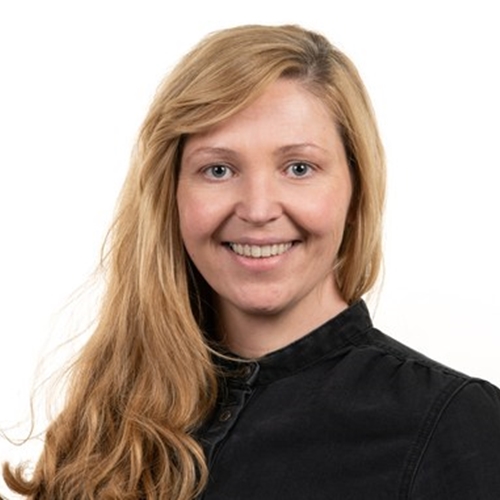
Claudia Loitsch: Inclusion today is a broad concept that not only concerns people with visible impairments. It also involves mental health aspects. For more than ten years, we have observed an increase in anxiety disorders and depression, which directly affect students. Inclusion, therefore, no longer just means considering visible disabilities but increasingly involves addressing invisible impairments as well. This significantly broadens the topic and affects a much larger audience.
AI-Coaches for Mental Health Support: Moody…
In cooperation with various partners, such as the Service Center Studium Dresden and the Karolinska Institute in Stockholm, NAIC is developing specialized AI coaches that can assist students in different aspects of academic life. The systems typically resemble a regular chatbot with a field for text input and a window for responses and the conversation history to be displayed. One of NAIC’s core research areas is mental health. For his dissertation, team member Julian Striegl is developing two applications: The first is called “Moody”:

Julian Striegl: It’s a web app with a chatbot that can be used to integrate exercises into daily life. If I want to use this app, it’s relatively quick and easy. I don’t need to create an account, which ensures that almost no personal data is collected. I can simply open the web app and interact with a small chatbot we named ‘Moody.’ It starts by asking me some questions, like how I’m feeling, and uses these responses to assess potential mental health issues through an AI-trained algorithm.
Based on the vocabulary and emotional tone used in the chat, the bot makes suggestions, such as therapy exercises. The second application, “What’s Your Mood,” goes a step further:
… and “Whats your Mood”
Julian Striegl: With ‘What’s Your Mood’ I can create a user account that allows me to track my emotional state over time. The basic idea is to record my emotional state in everyday life. Once I’ve created an account, What’s Your Mood will check in with me several times a day, for example as a push notification on my smartphone, and ask me how I’m feeling. I can then freely describe how I’m feeling at that moment. Unlike other apps that require you to choose from pre-defined categories, this one lets me express myself as I wish.
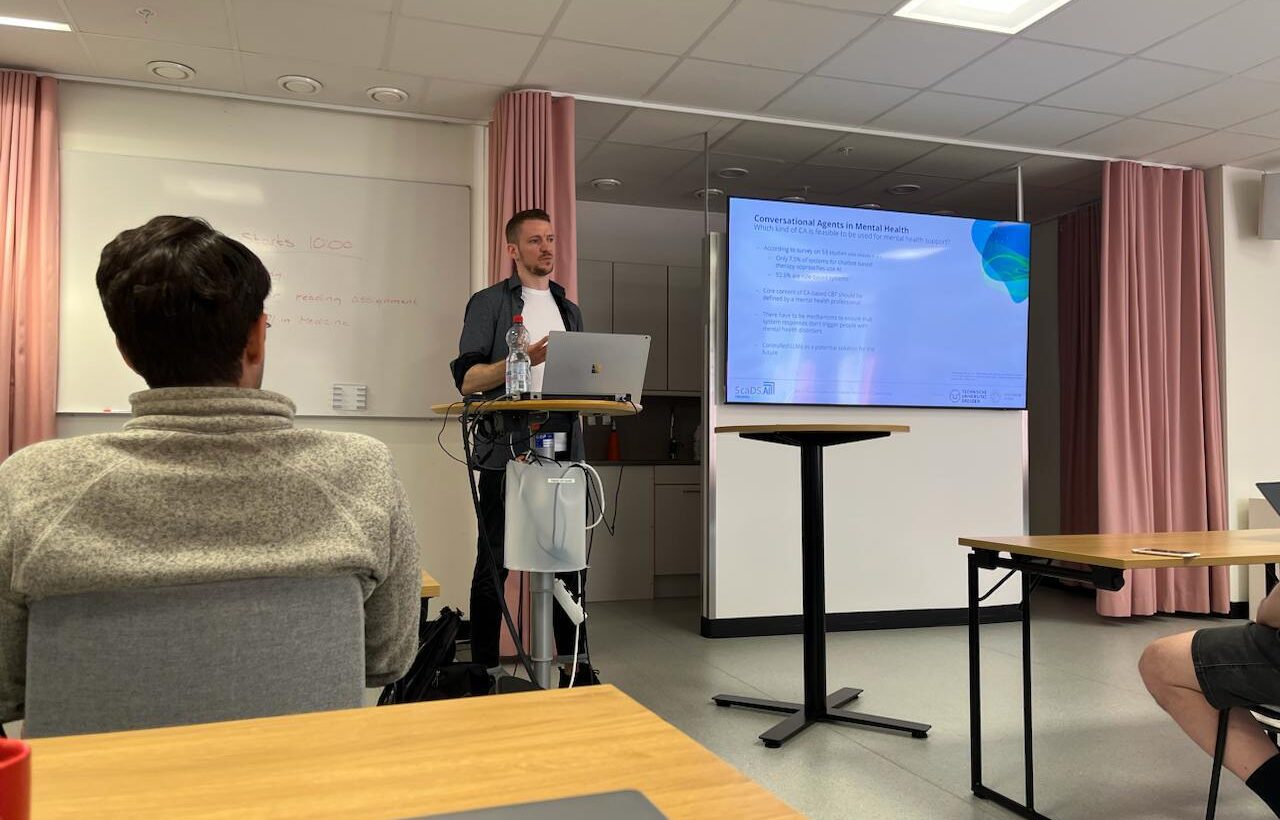
What’s Your Mood monitors how you feel over time and analyzes how different activities affect your mood. At the end of the month, the app summarizes your emotional states over the past few weeks: What affected your mood and how? The goal is to encourage students to think about what makes them feel good or bad. Together with Moody, these tools aim to provide students with low-threshold, readily accessible support. Acceptance of such systems is already quite high:
Julian Striegl: “The trend is that people actually like to use these systems. Of course, it depends on the user group. Some people are reluctant to share personal information with a chatbot, while others appreciate the anonymity and ease of access. If I really want therapy, I often have to wait months, depending on the state. Even with online therapy, I still have to make an appointment and talk to a real person about very private matters. Many people prefer to interact with a chatbot.
However, these coaches are not a substitute for therapy – they cannot treat serious mental illnesses such as depression. If the system detects a serious problem, it recommends seeking professional help by a human. Data collection in this area is a sensitive issue. For this reason, the coaches are designed to collect as little data as possible. For example, “Moody” operates without any data collection, while “What’s Your Mood” stores information in a strictly privacy-compliant manner without using it to improve the bot.
Claudia Loitsch: Users must always be in control of their data. There needs to be very sensitive handling and clear information within the app for users about how and what data is being used.
Applications for personalized learning support
In addition to AI coaches for mental health, Claudia Loitsch and her NAIC-team are also working on applications for personalized learning support, such as AI-Fem, which is specifically designed to support women in STEM fields.
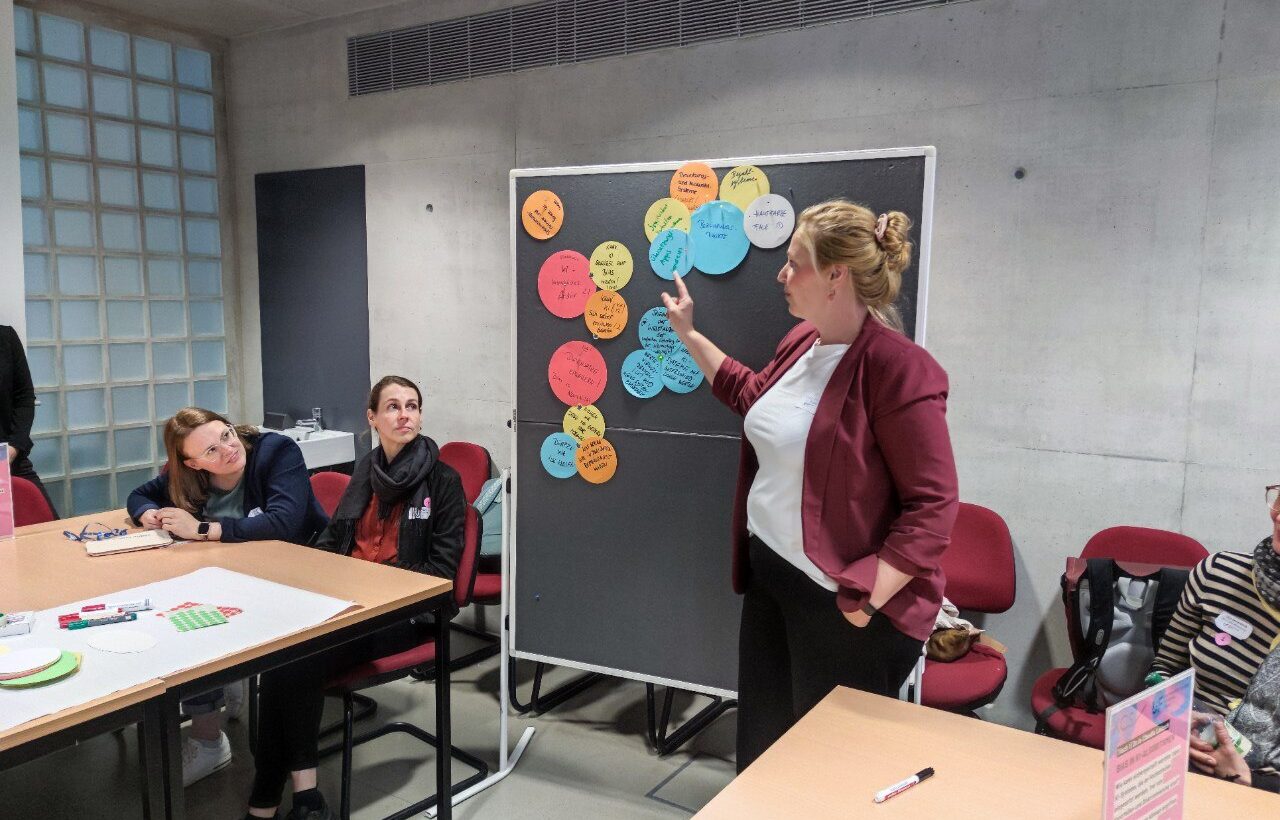
Claudia Loitsch: We spent the first months conducting needs assessments. A great strength of our group is that we are participatory and user-centered. Our concepts are never completely fixed at the beginning; we are always interacting with the target groups. In the last four months, we conducted interviews with female students to identify the challenges and needs they face in STEM courses.
The discussions quickly turned to familiar topics: tight schedules, too many exams, difficulties with self-organization, problems with exam preparation, etc. However, the researchers quickly noticed gender differences in the way people deal with these challenges.
Claudia Loitsch: For example, we have found that it can make sense to approach STEM subjects differently for women and men, or to offer truly individualized coaching. Male students tend to take a more playful approach to their studies, experimenting and trying things out, while female students are more goal-oriented and structured in their learning.
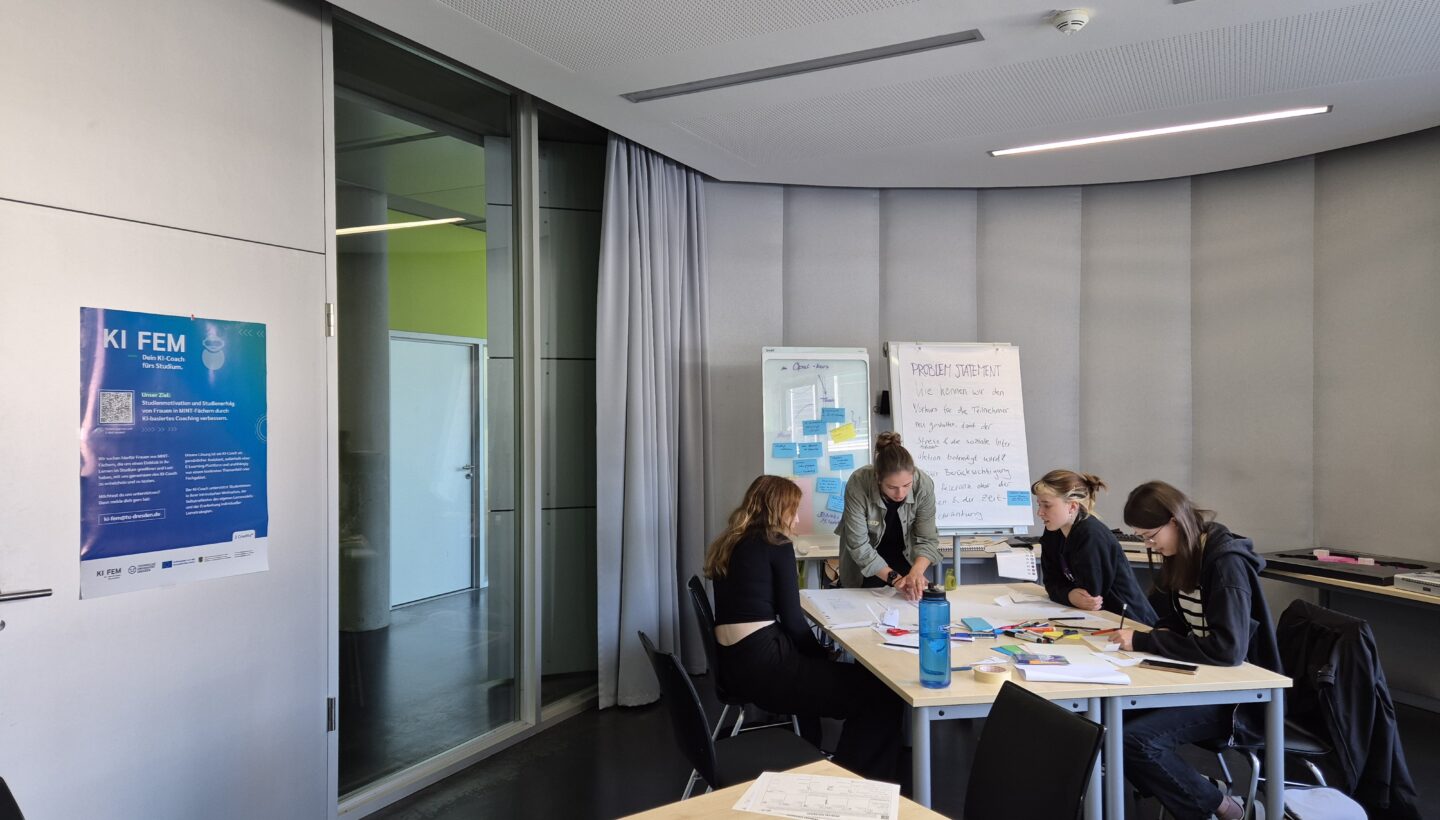
Such differences have a significant impact on learning behavior. Therefore, a one-size-fits-all approach to academic struggles is not always effective, yet universities often don’t offer this level of personalized attention at the scale needed. NAIC aims to fill this gap with AI-powered mentoring programs like AI-Fem. Another bot, currently being developed as part of a Ph.D. project, is designed to support computer science students by identifying individual needs and learning strategies and providing flexible, low-threshold help. NAIC’s long-term goal is not just to develop individual bots, but to focus on creating an underlying architecture.
Claudia Loitsch: We don’t want to look at the projects in isolation; we want to create a platform where multiple coaches are available to students. That’s our big goal. That’s why we’re working with the ScaDS team, who have started hosting large language models. This allows us to get more involved in the infrastructure side of things and develop a scalable architecture for such coaching applications.
Coaching beyond AI – NAIC Education Programms
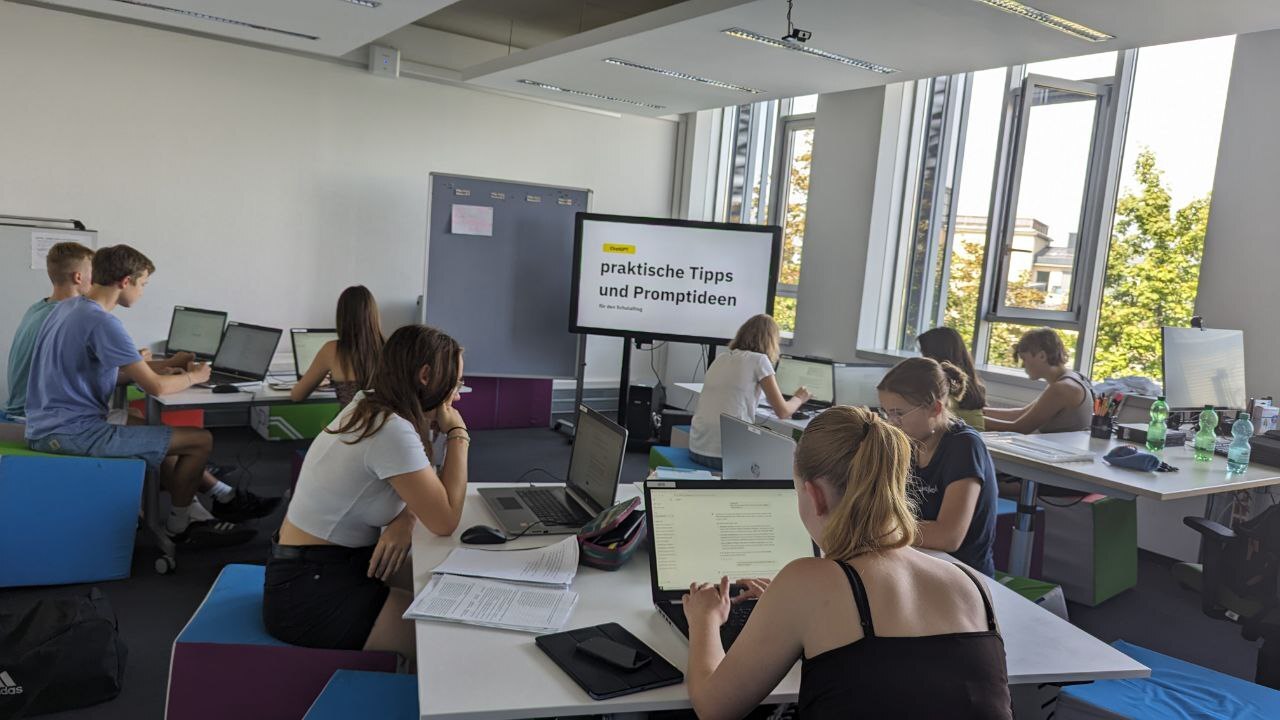
The research group is also active in school education. Since January, they have been offering AI coaching in schools to help students and teachers interact responsibly with ChatGPT and other generative AIs. So far, more than 400 participants have attended the workshops. In all of its projects, NAIC aims to support students in their education. The research group’s primary focus remains on higher education, with an emphasis on inclusion, personalized learning, and mental health to promote equity. The aim is to give all students more opportunities to manage their daily studies in the best possible way.
Claudia Loitsch: There’s a lot going on in our group, but it’s all exciting. Essentially, it’s all under one roof: supporting students, addressing individual needs, and promoting inclusion.


